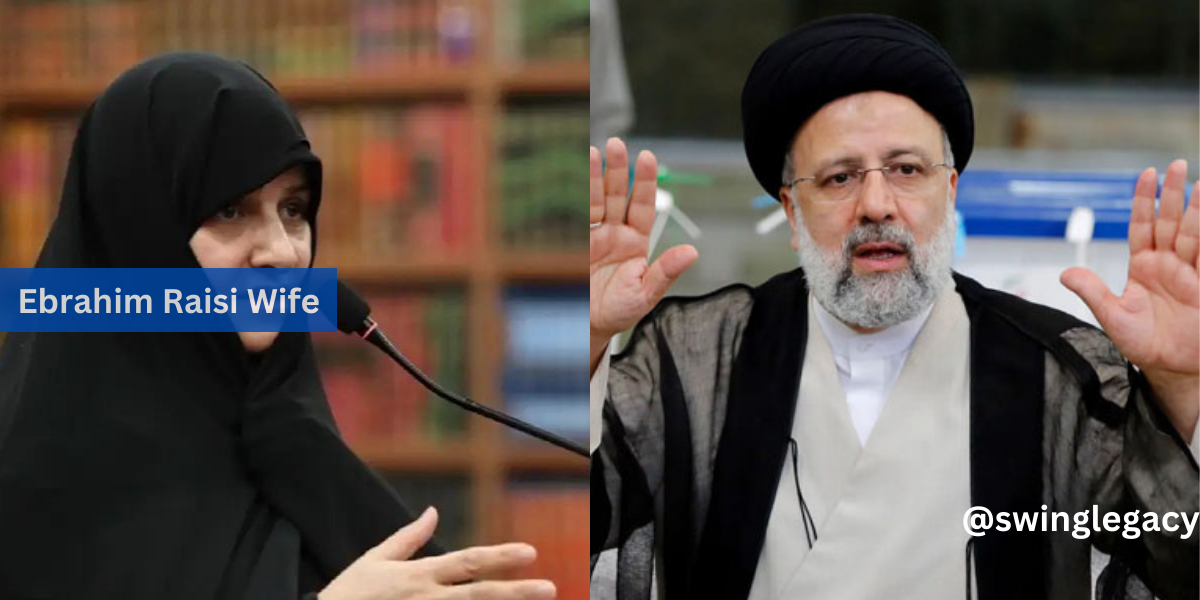[ad_1]
Jamileh Alamolhoda was born in 1965 and is widely recognized for her contributions to the philosophy of education.. She earned a doctorate at Tarbiat Modares University before accepting an associate professorship at Shahid Beheshti University where she offered courses such as Philosophy of Higher Education and Islamic Anthropology, among others. With such academic excellence in mind, she also founded and directed an Institute for Fundamental Studies of Science and Technology within this university.
What is its connection with Iranian politics?
Jamileh Raisi was married to Ebrahim Raisi from 2021 to 2024 – President of Iran from 2021 to 2024 before his untimely demise – which has allowed her to remain very involved in Iranian politics, both through her marriage and through Ahmad Alamolhoda, who served on the Assembly of Iranian Experts and has close ties to Ali Khamenei himself. She remains deeply embedded in Iranian society, not only because of him, but also because she shares that her father, Ahmad Alamolhoda, was part of this network. Thanks to him, she remains deeply rooted in Iranian society, both married to an influential political figure who had close ties to him. Ali Khamenei himself!
How has it influenced Iranian education?
Alamolhoda left an indelible mark on Iranian academia through his roles in education. institutions and appointments to influential committees – for example as secretary of the “Council for the Transformation and Overhaul of the Country’s Education System”, of the Supreme Council for Cultural Revolution. Its initiatives often aim to instill Islamic values in educational paradigms while supporting science and technology policies consistent with Iranian ideological frameworks.
What controversies surround it?
Raisi’s appointment to the executive board responsible for recruiting professors at the University of Tehran has sparked significant debate, with critics accusing him of nepotism and questioning his qualifications for the role. His appointment became the focal point of broader criticism regarding the influence of political figures in academic environments under his administration and concerns related to freedom and governance within Iranian universities.
What challenges does his career face?
Ebrahim Raïssi Iran has experienced turbulent academic environments with frequent purges and expulsions of professors perceived as politically non-compliant or secular. Alamolhoda finds himself involved in this dynamic because his educational and administrative decisions are evaluated according to political-ideological criteria rather than strictly academic measures.
Conclusion?
Jamileh Alamolhoda has had significant influence in Iran during her years of influence, both academically and politically, reflecting both aspects of Iranian education and governance influenced by political ideology significantly affecting the academic orientations and leadership positions. His role in both areas will continue to be of great interest and importance after Raisi.
[ad_2]
